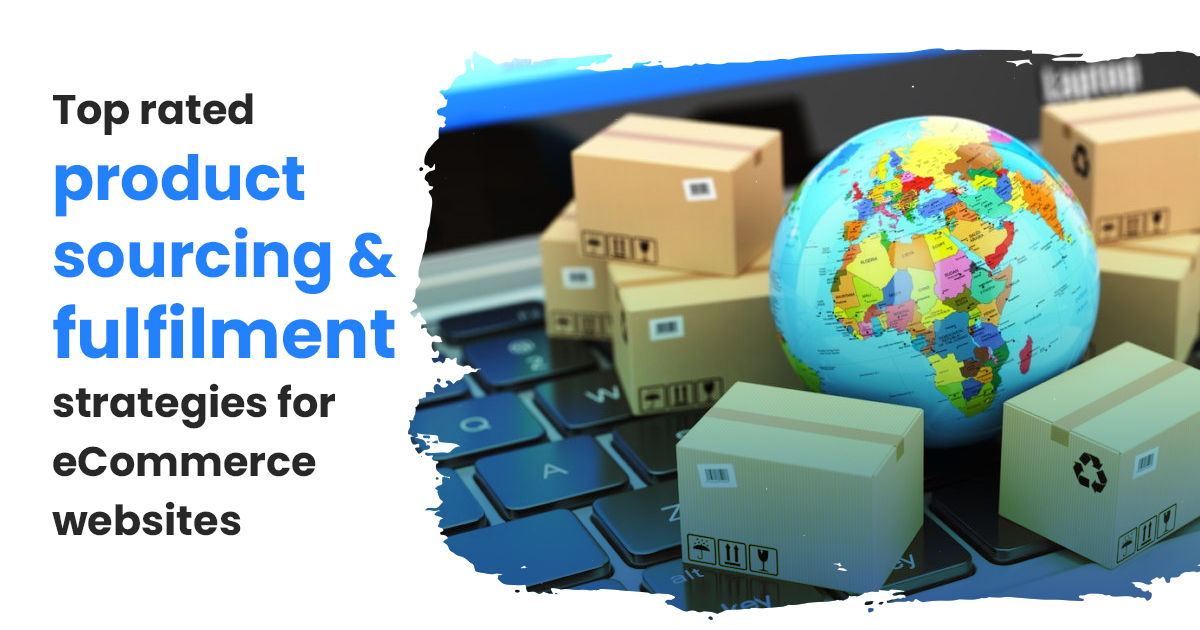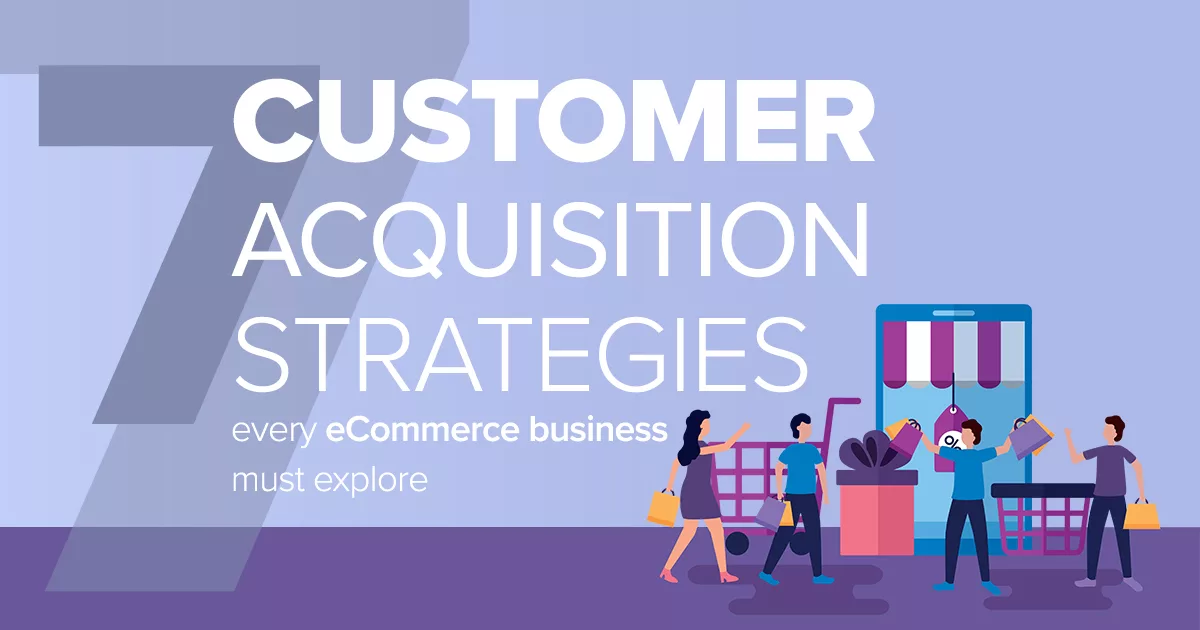Top rated Product Sourcing and Fulfillment Strategies for eCommerce Websites

Introduction:
For eCommerce websites, sourcing and fulfilment strategies are critical components of running a successful online business. Choosing the right product sourcing method and implementing efficient fulfilment strategies can impact profitability, customer satisfaction, and overall business growth.
Explore different strategies that eCommerce experts employ for product sourcing and fulfilment to help you optimize your operations.
1. Dropshipping
Dropshipping is a popular product sourcing method that allows eCommerce businesses to sell products without physically handling inventory. With drop shipping, you partner with suppliers or manufacturers who handle the storage, packaging, and shipping of products directly to customers. This strategy reduces upfront costs and inventory management complexities. It also enables you to offer a wide variety of products without the need for a large warehouse. However, it’s important to choose reliable suppliers, as any issues with product quality or shipping can directly impact your brand reputation.
2. Wholesale and Bulk Ordering
Wholesale and bulk ordering involves sourcing products directly from manufacturers or distributors at a discounted price. By purchasing products in large quantities, you can benefit from economies of scale and negotiate better pricing. This strategy is suitable for eCommerce businesses with predictable demand and sufficient storage space. Wholesale and bulk ordering gives you more control over product quality, packaging, and branding. However, it requires careful inventory management to prevent overstocking or slow-moving inventory.
3. Private labelling
Private labelling involves sourcing products from manufacturers and adding your own branding and packaging. This strategy allows you to differentiate your products in the market and build a unique brand. Private labelling is common in industries like cosmetics, apparel, and home goods. It gives you control over product quality, design, and pricing. However, private labelling requires extensive research and due diligence to find reliable manufacturers and develop products that meet your specifications.
4. Print-on-Demand
Print-on-demand (POD) is a sourcing strategy commonly used for customizable or personalized products, such as t-shirts, mugs, and phone cases. With POD, products are manufactured and fulfilled as orders are received. This strategy eliminates the need for inventory storage and allows for greater flexibility in offering a wide range of designs and variations. POD is especially suitable for eCommerce businesses with a focus on unique and niche products. However, it’s important to partner with POD providers that offer high-quality printing and reliable order fulfilment.
5. In-House Fulfillment
In-house fulfilment involves handling product storage, packaging, and shipping operations internally. This strategy provides greater control over the fulfilment process and allows for customization and personalization of packaging. In-house fulfilment is suitable for eCommerce businesses with a high volume of orders or specific fulfilment requirements. It requires investment in warehousing space, packaging materials, and fulfilment infrastructure. It also requires efficient logistics management and staffing to ensure timely and accurate order processing.
6. Third-Party Logistics (3PL)
Outsourcing fulfilment to a third-party logistics (3PL) provider is a strategy that allows eCommerce businesses to focus on core operations while leveraging the expertise of fulfilment specialists. 3PL providers handle storage, inventory management, and order fulfilment on behalf of the eCommerce business. They often have established infrastructure, technology, and carrier relationships, providing cost-effective and efficient fulfilment services. However, it’s important to select a reliable and experienced 3PL partner to ensure seamless order processing and timely delivery.
7. Hybrid fulfilment Model
A hybrid fulfilment model combines different sourcing and fulfilment strategies to leverage their respective advantages. For example, an eCommerce business may use drop shipping for certain products while handling in-house fulfilment for others. This approach allows for flexibility, scalability, and cost optimization. By strategically selecting the most suitable fulfilment method for each product or product category, you can optimize efficiency, reduce costs, and ensure a seamless customer experience.
Conclusion
There are strategies that eCommerce website owners can employ for product sourcing and fulfilment and optimize their operations. It becomes crucial for eCommerce businesses to always be available for their customers and satisfy their needs. By adopting any one of these, you can ensure you have always enough stock that can carry out your operations and be in the good eyes of your customers.
Get the best of eCommerce website solutions in Jaipur with us
Unlock the potential of your online business with our eCommerce website development in Jaipur. Trust our experienced team to create a visually stunning and high-performing website that captivates your customers. It is loaded with all sorts of features and tools, making it simply the best in its league. Take the first step towards success and contact us today!
Subscribe to our Blog
Read our newly created blogs delivered straight to your inbox.


